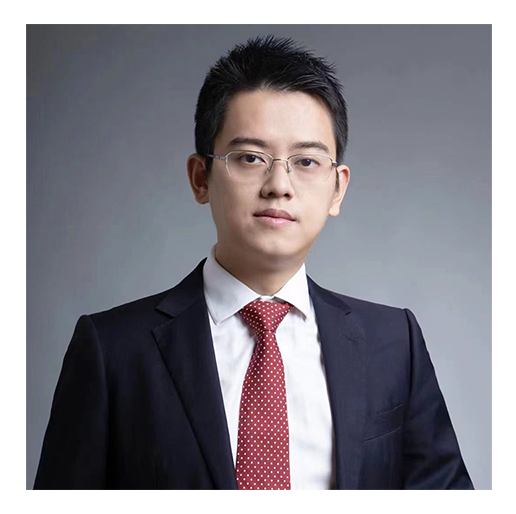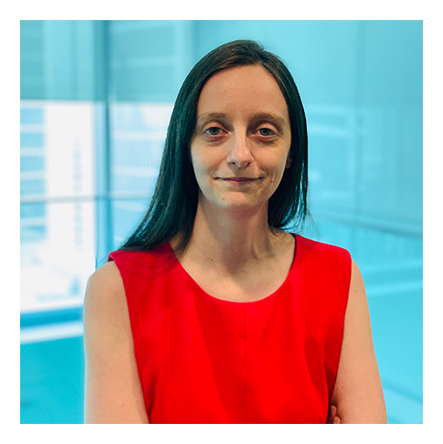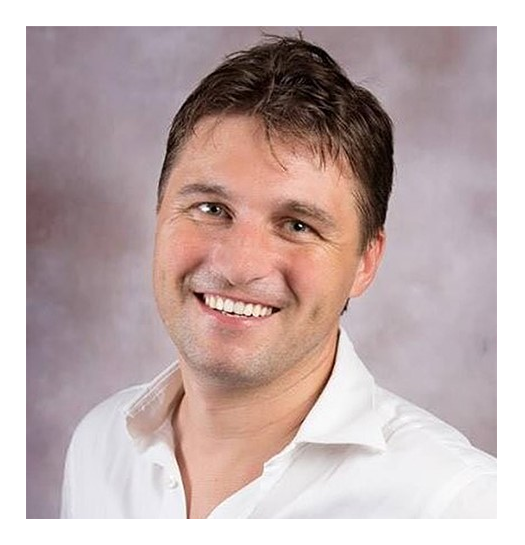From new product launches to risk management, industry players share their latest observations on structured products in the digital asset space in 2023.
A new era for cryptocurrency structured investment products is filled with innovation and challenges – in Asia in particular - as the industry slowly emerges from last year’s turbulence.
Investors no longer aim at 100x or 10x, instead they turn to more traditional sources of yields such as structured derivatives - Caroline Mauron, OrBit Markets
In Hong Kong SAR, Bank of China International and UBS partnered to be the first to issue tokenised notes in the jurisdiction in June. Last month, Swiss crypto-focused SEBA Bank’s subsidiary, SEBA Bank Hong Kong Limited, received approval in principle from the Securities and Futures Commission (SFC) to become the first group of licensed corporations to conduct investment services with crypto capabilities in that market, including plans to build and expand its product suite once licensed.
Ludovic Shum (pictured), managing director at SEBA HK, told SRP that with initial assessing and focus on the existing products issued by its Swiss head office, the firm’s product suite will consist of traditional investments such as “equities, fixed income and the cash and money-market instruments as well as over-the-counter [OTC] derivatives and structured products with crypto underlyings". The firm hopes to secure an official licence in Hong Kong by the end of the year.
“We’d love to see the regulators in Hong Kong open up to the idea of crypto banking to allow on/off ramping, crypto collateralised lending and finances from banks in Hong Kong to continue to supplement the whole crypto/financial ecosystem in Hong Kong,” he said.
Crytpo wealth manager has also seen growing demand for adoption and acceptance of crypto derivatives products by institutions, with regular inquiries from family offices, trading institutions, and private equity into its hedging services, said CEO Adrian Wang (right).
In April, Metalpha launched a licensed fund in Hong Kong SAR that gives investors exposure to Grayscale's digital asset products.
“Ever since the declaration of building a Web3 hub last year, the Hong Kong government has moved swiftly to promote blockchain technology in the city as well as modernise its licensing regime for the digital assets industry,” said Wang. “All this is very conducive to institutional investors to build a business here in Hong Kong with confidence and certainly beneficial for our crypto-structured business here.”
Crumbling out of the 2022 tumble
Following last year’s rollercoaster-like cryptocurrency market, one major shift in thought among market participants is risk management – from market risk and liquidity risk to counterparty credit risk and legal risk, according to Caroline Mauron (right), co-founder of OrBit Markets, a Singapore-based institutional liquidity provider of crypto options and structured derivatives.
She told SRP that crypto investors have adopted more realistic return targets after the collapse of Terra-Luna last year.
“Investors no longer aim at 100x or 10x, instead they turn to more traditional sources of yields such as structured derivatives,” she said. “After an initial slump post-FTX, the market bounced from the low in Q1 this year and has since been very stable. Structured derivatives have performed very well in this market environment.”
Meanwhile, many investors, especially in Asia, started the year on the front foot, taking advantage of bespoke structured payoffs to build positions.
Mauron, who served as former co-head of FX for Apac at Deutsche Bank, highlighted that accumulators have gained traction among crypto asset managers this year as “an attractive alternative to dollar cost averaging [DCA] strategies, in particular in alternative tokens” as they allow investors to accumulate the tokens at a discounted price.
“This year’s range-bound market has created a perfect environment for accumulators to outperform DCA,” she said. “The product fits well with the asset managers’ long-only mandate while offering significant savings versus basic strategies.”
Opportunities and challenges are side by side
Still, innovation in the crypto structured products space is still traceable among native players. Crypto exchange OKX rolled out snowball and sharkfin products this year, while Ribbon Finance, the decentralised derivatives platform built on Ethereum which has rebranded to Aeve, executed the first Ether autocall.
“Moving in the right direction” is how Lucas Kiely (right), chief investment officer at digital wealth platform Yield App, would describe the crypto structured products industry in 2023.
Earlier this year, the firm acquired structured product provider TroFi Group in response to growing demand for enhanced yield investment opportunities. The firm currently offers dual currency product.
Kiely, who came from a trading background at Credit Suisse and UBS, has been thinking about how to best use crypto structured products to help investors preserve wealth in a risk-adjusted manner.
The ongoing challenge remains at the pricing aspect, including the principal protection issue.
“In the crypto industry, [let's say] my US dollars become stablecoin. That stablecoin is guaranteed by a corporate; they are not paying your corporate yield on it,” he explained. “So I[the corporate] would have to get some kind of yield...but there's no credit market in crypto.
“There's a lot of caution based on the counterparty risk,” Kiely added.
OrBit Markets’ Mauron said although the crypto structured products market is currently in its early stages of development, the potential for crypto-linked securitised products is significant.
“Streamlining the process requires collaborative contributions from issuers, hedge providers, paying agents, custodians, as well as banks,” she said. “There are still some missing pieces, but we foresee increased institutional interest in this field, with more participants entering the space to collectively piece together the puzzle.”



